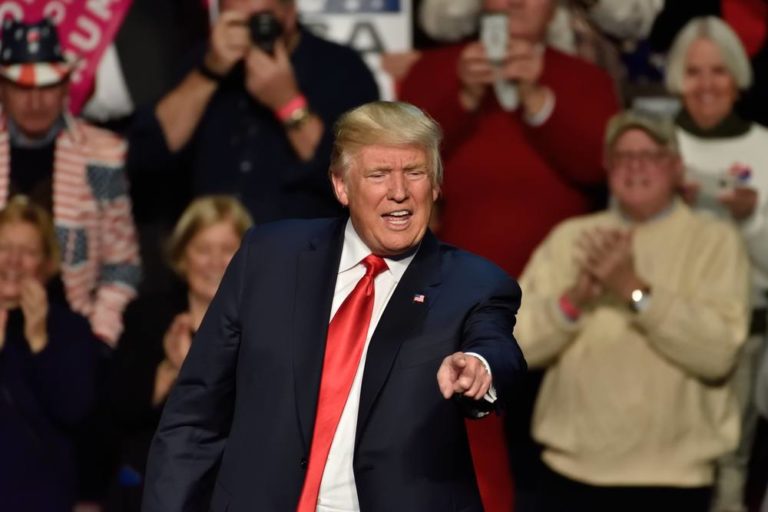Key Takeaways:
- Iowa’s Republican-led Legislature passed a bill removing gender identity as a protected class under state civil rights laws.
- The bill, introduced last week, moved quickly through the legislative process despite strong opposition.
- Thousands of protesters gathered at the statehouse to voice their disagreement.
- The bill now goes to Governor Kim Reynolds, who is expected to sign it into law.
- Critics argue the move could harm LGBTQ+ individuals by allowing discrimination.
- Supporters claim the bill protects children and parental rights.
What Happened in Iowa?
Iowa’s Republican-led Legislature made a significant decision this week. They voted to remove gender identity from the list of protected classes in the state’s civil rights code. This means gender identity will no longer be included in laws that prevent discrimination based on race, religion, or other traits.
The bill, introduced just last week, moved quickly through the Legislature. It passed even though many Democrats and LGBTQ+ rights supporters strongly opposed it. In fact, over 2,500 people protested at the statehouse in Des Moines on the day of the vote.
Now, the bill heads to Governor Kim Reynolds, who is likely to sign it into law. If she does, Iowa will become the first state to take such a step.
Why Is This Important?
Gender identity refers to how someone sees themselves—whether as male, female, or non-binary, for example. Until now, Iowa’s civil rights laws protected people from discrimination based on gender identity in areas like employment, housing, and public spaces.
By removing these protections, critics say LGBTQ+ individuals, especially transgender and non-binary people, could face more discrimination. For example, businesses might be allowed to refuse service or jobs to someone based on their gender identity.
Supporters of the bill argue that it’s about protecting children and parents’ rights. They say it’s not about discrimination but ensuring kids are raised with values parents agree with.
What Do Supporters Say?
Those who support the bill believe it’s necessary to prevent what they call “gender ideology” from being taught or promoted in schools or public spaces. They argue that parents should have more control over what their children learn about gender.
Some also claim the bill is about fairness, especially in sports. They say allowing transgender athletes to compete according to their gender identity could give them an unfair advantage.
However, opponents point out that these arguments are often based on misinformation. They say the bill is more about targeting LGBTQ+ people than addressing real problems.
What Do Opponents Say?
LGBTQ+ advocates and Democrats are deeply upset by the bill. They say it’s a step backward for equality and will harm vulnerable people.
One protester said, “This bill sends a message that certain people aren’t deserving of the same rights as everyone else. That’s not the kind of Iowa we want to live in.”
Opponents also argue that the bill could lead to more bullying and discrimination against transgender and non-binary youth. They say it’s important to protect everyone, no matter how they identify.
What’s Next?
The bill is now on Governor Kim Reynolds’ desk. If she signs it, the law will take effect immediately. Reynolds has expressed support for similar measures in the past, so it’s likely she will approve this one too.
If the bill becomes law, it could set a precedent for other states to follow. However, legal challenges are expected. LGBTQ+ rights groups have already hinted at taking the state to court over the measure.
Why Does This Matter?
This issue is about fairness and equality. Supporters of the bill believe they’re protecting children and traditional values. Opponents believe they’re taking away vital protections for LGBTQ+ individuals.
Whatever your opinion, this decision will have a big impact on Iowa—and possibly other states. It’s a reminder that civil rights are still a topic of debate in America today.
As one activist put it, “We can’t stop fighting for equality. Everyone deserves to be treated with dignity and respect, no matter who they are.”
This decision in Iowa shows how quickly laws can change and how important it is to stay informed about issues that affect everyone. Whether you agree with the bill or not, it’s clear that this is a conversation that won’t end soon.









